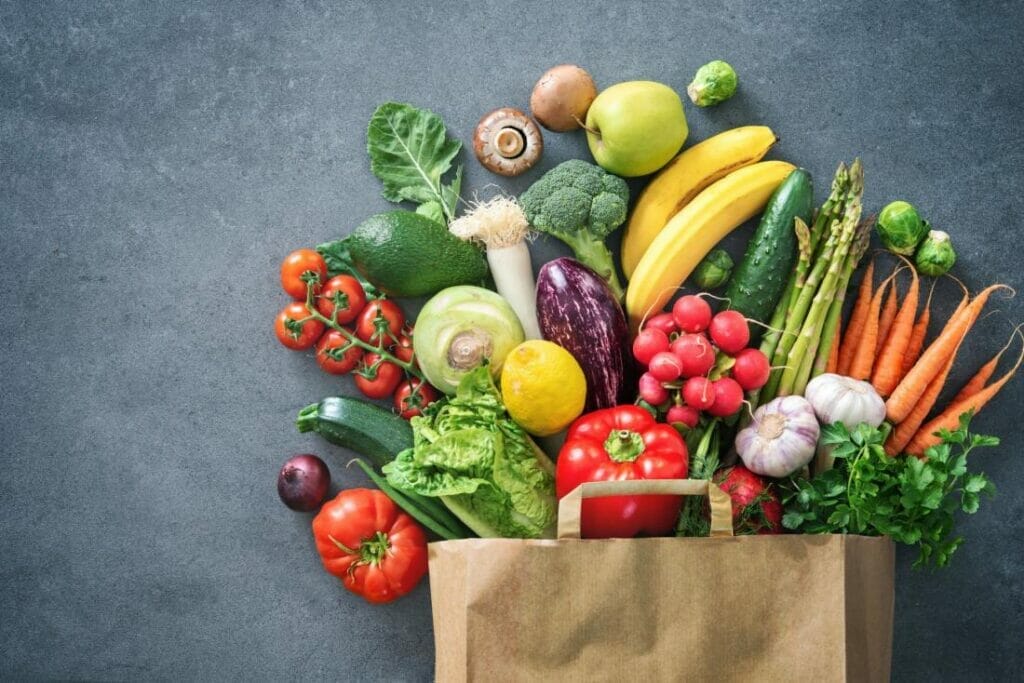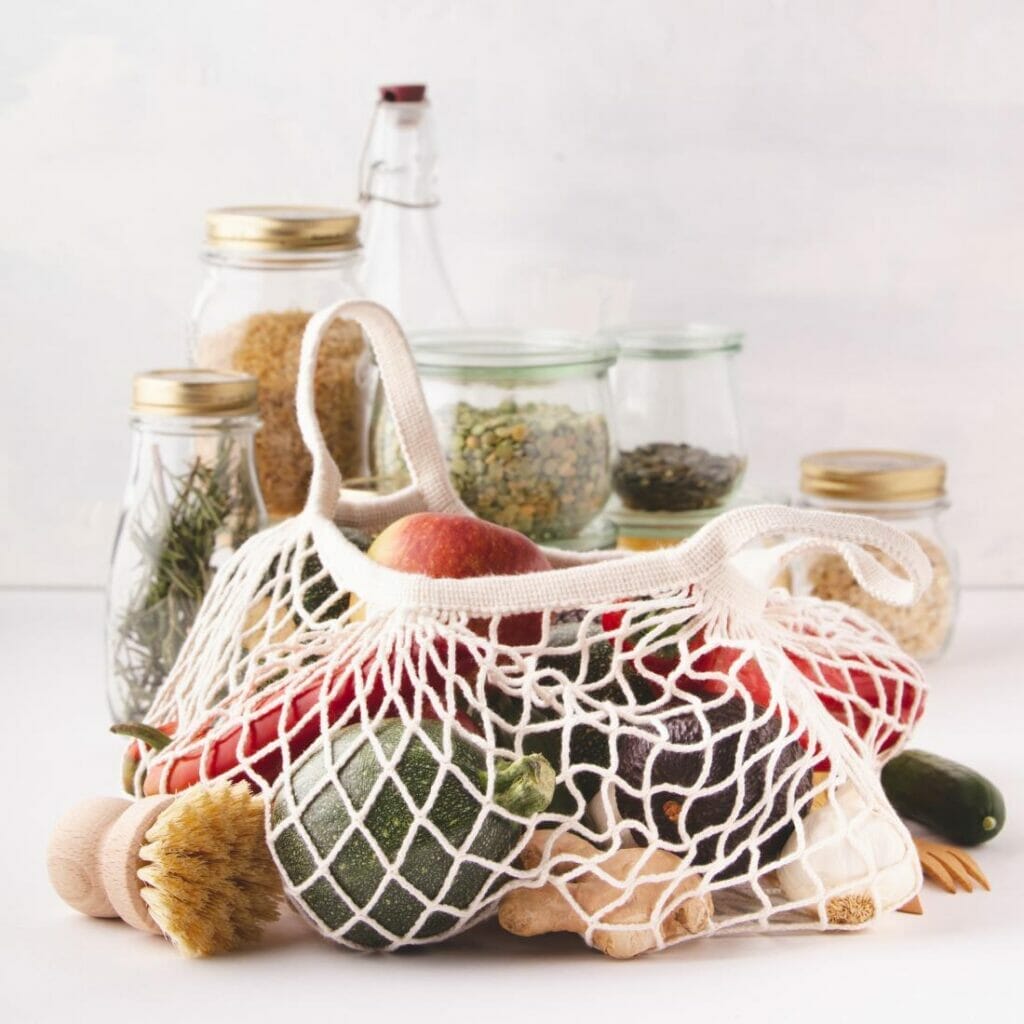With an impending environmental crisis on everyone’s minds and experts saying that significant changes are needed to save our planet, there has never been a better time to try and live in a more environmentally friendly, sustainable way.

However, people often get the idea that this kind of lifestyle comes with a hefty price tag, as you have to spend all your money on organic, ethically sourced products that are five times the average price. While this can be the case for some things, there are plenty of cheap or free ways to reduce your carbon footprint, perfect for the thrifty student. Here’s how you can keep up that eco-friendly lifestyle while at University:
Be Conscious of Water and Energy Use
Wasting energy and water is very easily avoided, and it saves a lot more than you think. By turning off the tap when you brush your teeth, you’ll save more than 10,000 gallons of water every year!
You can also save water by taking shorter showers (and avoiding water-wasting baths) and washing vegetables in a pan of water rather than under a running faucet.
Get into the habit of turning off lights when you leave a room, even if you’re coming back in a minute. A lot of people also like to have the television on when they’re not watching it, but do you really need it on? If you don’t like being in a quiet house, consider listening to music instead.
It can be easy to forgo energy-saving techniques as a student when you’re most likely paying a set amount for energy bills regardless of how much you’re using, but it’s a good habit to get into for the future when you are paying for how much you use, not to mention helping the planet out, too.
Stop with the Disposables
Plastic waste is a huge problem. You’ve no doubt seen the images circulating online of marine life with stomachs full of plastic, or birds tangled up in plastic packaging. It’s heart-breaking and completely avoidable.
When it comes to plastic, reducing your usage is best, followed by reusing and then recycling. Recycling should be a last resort, as plastic is a difficult material to recycle.
Get yourself a re-useable coffee cup, shopping bag, water bottle and lunchbox, so you don’t have to get disposable ones when you’re on the go. If you carry a bag around with you, why not get a travel cutlery set so you can eat takeaways without needing a plastic knife and fork? You could even bring your own Tupperware and ask them to serve your takeaway in it, so you don’t need a Styrofoam container, most places would be more than happy to oblige.

Don’t Waste Food
In the UK, households throw away around 7.3 million tonnes of food. This is a crazy amount when you consider that not everyone has enough to eat.
An impromptu trip to a café or pub, a pizza delivery here and there…it’s easy to forget about food we have at home when there are so many temptations about. But planning ahead will help prevent wasting perfectly good food.
If something is looking a bit past its best, don’t throw it away, freeze it for future use. Most vegetables can be frozen; you will just have to chop them up first. This not only helps save food but will also mean you have ready-made veg that you toss into a pan to cook straight from the freezer – saving you time and money.
Set up a system in the fridge. Keep foods that are quick to go off on the bottom shelf, so you have quick access to them, and keep the long-life stuff higher up. Make a conscious effort to go through all the food on the bottom shelf, even if you’re not in the mood for a particular food.
You can always cook a meal and freeze it, keeping it perfectly edible for some time in the future.
Phase in Sustainable Beauty Products
Sustainable beauty and hygiene products have exploded onto the market. Things like re-useable make-up wipes and shampoo bars can be more expensive than their disposable alternatives, but they will significantly cut down on waste and will save you money overall.
Make small changes over time so you can save up to make the switch, your wallet and the environment will thank you for it.
Eat Less Meat
Meat can be expensive to buy, and its mass production is having drastic consequences for the environment. You don’t need to go vegetarian or vegan, but having more non-meat based meals throughout the week will certainly help you live more sustainably, not to mention help get some much needed veg into your diet.
The internet is bursting with easy, veg-based recipes. Vegetarian food doesn’t have to be expensive; it can be as simple as a can of chickpeas, some rice and some sauce. Getting a few delicious meat-free meals into your cooking toolbelt is a small change you can make today.

Travel by Bike
Cycling is by far the most environmentally friendly mode of transportation. Lancaster is full of cycle paths and has a beautiful scenic view from the centre up to Lancaster University via its own dedicated cycle path.
This is another environmental change that requires an initial investment, but it has other benefits beyond sustainability, like keeping healthy and being able to avoid getting stuck in traffic in a car or even on the bus. If you have the space for a bike, it can be a great switch to help reduce your carbon footprint.
Shop at Charity Shops
Charity shops are a great cheap alternative to clothes shopping. The mass-produced nature of the fashion industry is a massive drain on the environment, and many people buy outfits for one occasion and never wear it again! Consider shopping in a charity shop the next time you need something. You might have to shop around a bit more to find what you’re looking for, but you’ll feel more accomplished when you find that perfect item, and it’ll cost significantly less, too.

Shop Local
Shopping more sustainably is a great way to reduce your carbon footprint. So much of what we buy from the supermarket comes from countries thousands of miles away that has to be transported, at significant cost. By sticking to local produce, you help to reduce the impact of your meals on the environment.
In Lancaster, there is a weekly market in town that sells locally sourced fruit and veg. And on Penny Street, you will find Single Step, a shop where you can buy loose grains, pasta, nuts, fruit, vegetables and much more. You can even get shampoo and conditioner from huge containers – just make sure you bring your own bottles.
Whenever you need to buy anything, try to consider the best place to make your purchase. Better yet, think about whether you really need it in the first place. We’re all guilty of owning far too much, but by carefully considering the environment when making purchases, we should all be able to do our part.

At Student Housing Lancaster, we provide high-quality student accommodation in Lancaster. Contact us today for more information.
















0 Comments